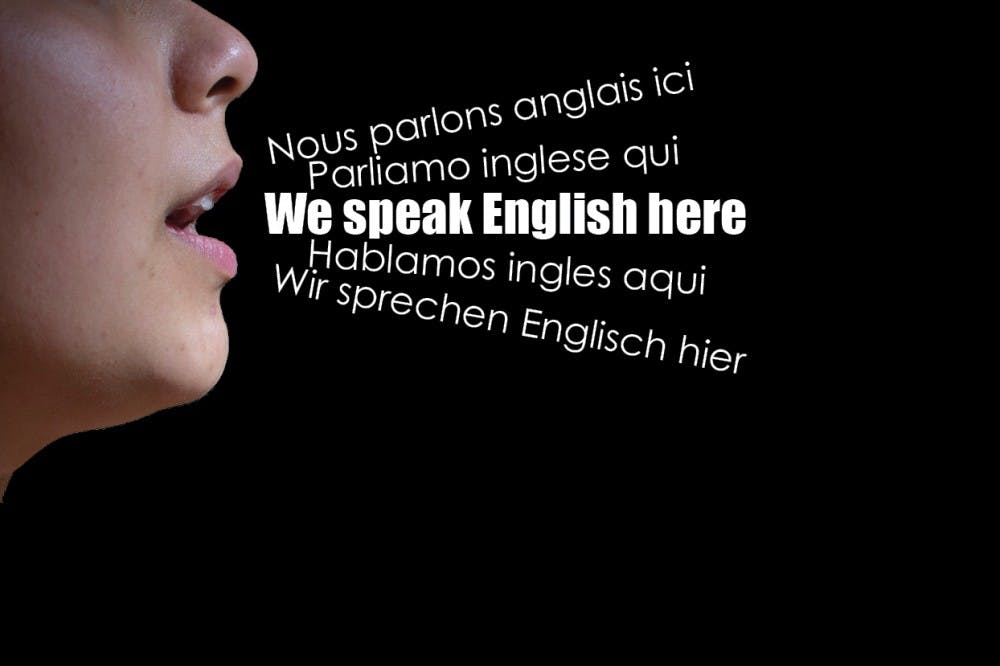
Stephanie Amador is a senior photojournalism major and writes “Café con Leche” for The Daily News. Her views do not necessarily agree with those of the newspaper. Write to Stephanie at skamador@bsu.edu.
“Thank you for calling customer service, for English press one. Para Español oprima el número dos.” We’ve all heard it, it’s engraved into our brains. It’s a fact that we live in a multi-language country, with Spanish being the second most predominant language spoken according to WorldAtlas.
I grew up speaking English and Spanish, but mostly English because my mom wanted me to fit in when I started going to elementary school. They thought this was an advantage for me because with knowing both languages I could learn better and I didn’t have to struggle to learn English for school.
“Hi, how can I help you?” my mom says to a customer in the drive-thru at Wendy’s. She works there and has for as long as I can remember.
“Excuse me, aren’t you supposed to say ‘Welcome to Wendy’s’ first?” the lady responds.
My mom used to speak with a thick accent because she is from Mexico, but it wore off after a while. It comes back when she wants to talk fast, but she can’t help it. She’s from Guanajuato, she’s got a Latina tongue.
My mom couldn’t say “Welcome” clearly through the microphone. She couldn’t say a lot of things clearly but that didn’t mean she didn’t try to speak English. She read, she wrote, and she even sang in English.
“I’m sorry, yes. “Wel-cum to Wendy’s, How can I help you?”
The lady laughs and proceeds to the cashier window to make fun of my mom’s accent. My mom is a strong woman, but she had never felt so embarrassed before. Nor had she ever been laughed at for her accent.
When I heard this story, I recalled the time when I use to ignore my mom when she talked to me because I refused to listen to her accent. If I was told to clean or take out the trash I would pretend to not understand her because of her accent. I realized then, I wasn’t any better than the lady who made fun of my mom. I was ashamed.
When I was a toddler my mom spoke to me in Spanish, however she was just learning English at the time herself. So teaching me to speak English as I got older was her way of practicing for herself. Today, my mom is speaking solely English at work and at home. Sometimes a mixture of Spanish, but whenever I see her she’s speaking English.
Since when was it a crime to speak Spanish in America? Since when did it become okay to make fun or yell at people for speaking Spanish? Since when was it okay to yell at a employee because they were speaking Spanish?
Viral videos of people who yell in outrage at Latinos who speak Spanish give me fear. Fear that this encounter can happen to my mom if she speaks Spanish in public. Fear that if I want to gossip in Spanish, I will be punished.
There are more than 55 million Latinos and Hispanics in the United States, according to the 2016 Census Bureau. English is a primary language in America but it isn’t the national or official language. There is a reason why you still have to press 1 for English or 2 for Spanish on your phone when you call customer servers, because English is not the only language.
There’s no law saying I can’t speak Spanish in public. However, there is a law that says I can speak freely whenever I want or however I want, granted I don’t incite violence. It’s a law that gives every American a right to speak freely. A law that gives my mom and any other non-native English speaker the right to speak freely in their native language.





